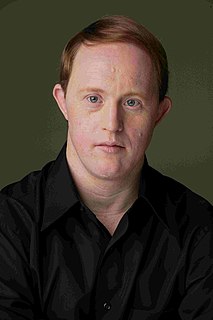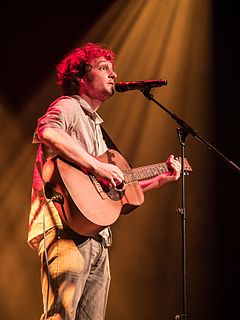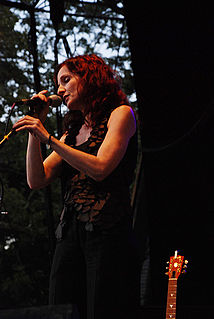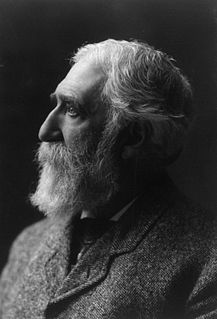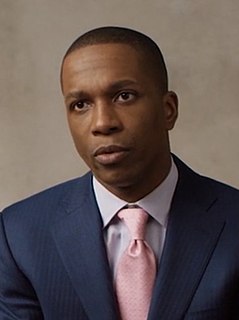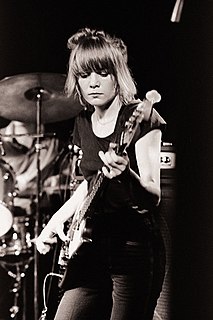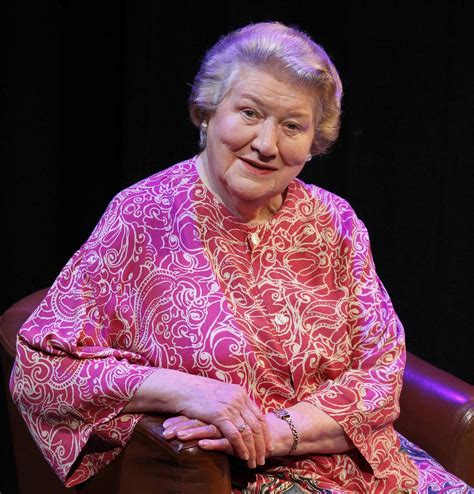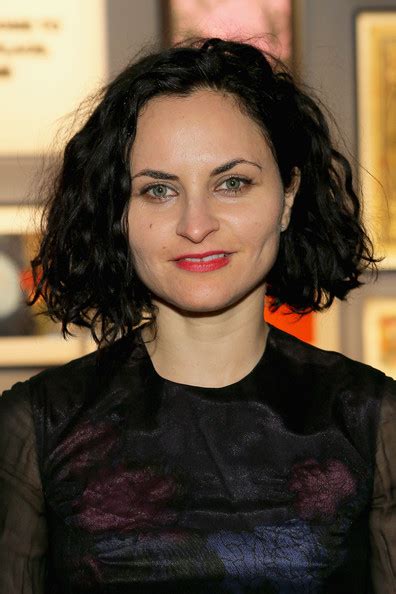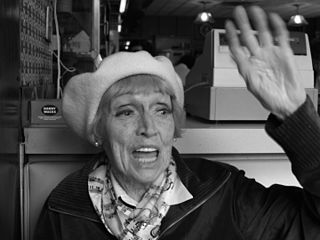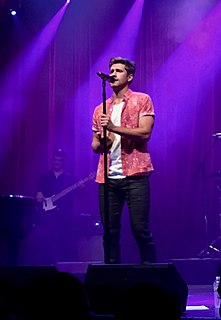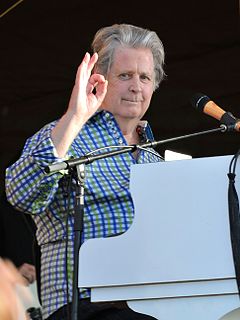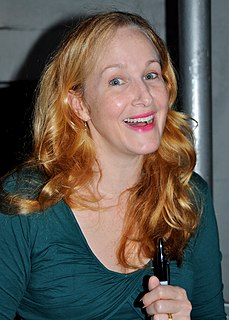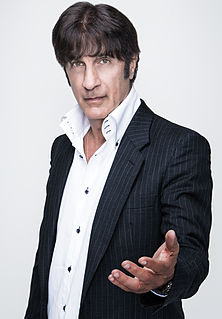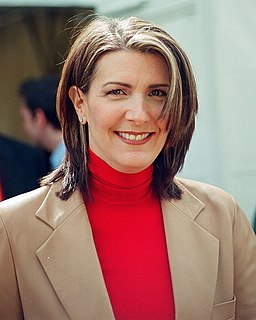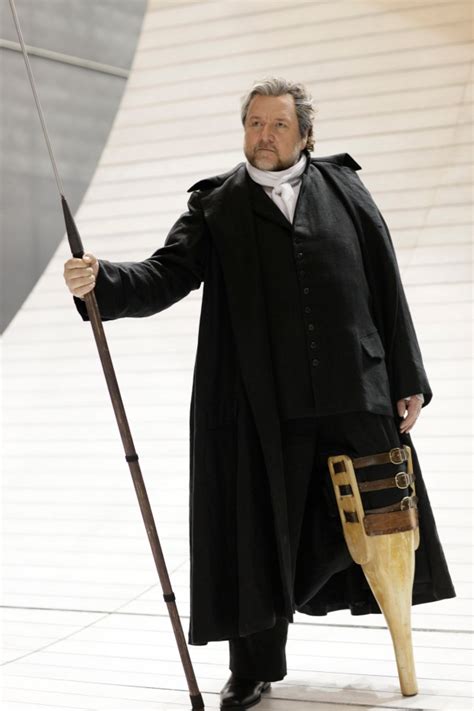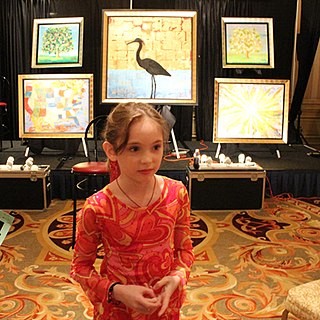Top 1200 Singing Voice Quotes & Sayings
Explore popular Singing Voice quotes.
Last updated on April 14, 2025.
There are no words and there is no singing, but the music has a voice. It is an old voice and a deep voice, like the stump of a sweet cigar or a shoe with a hole. It is a voice that has lived and lives, with sorrow and shame, ecstasy and bliss, joy and pain, redemption and damnation. It is a voice with love and without love. I like the voice, and though I can't talk to it, I like the way it talks to me. It says it is all the same, Young Man. Take it and let it be.
What is certain is that singing is not merely modulating a song by means of the voice: we sing and we celebrate the beauty that we can grow and live every day. If you want to sing and give emotions to those who are listening, you must have something to tell through your singing; you have to use singing like an instrument to tell something.
You start singing by singing what you hear. So everyone, when they first start singing, they naturally are singing like whatever they're hearing, because that's the only way you learned how to sing. So when I was growing up on Lauryn Hill, when I started singing her songs, I literally trained my voice to be able to do runs.
The whole thing of singing on my own has been accidental and random. I sang a huge amount as a kid, and I was a boy soprano. I didn't do that much classical music; I did a little bit. I had a lovely voice. And then when my voice dropped, I didn't worry about it consciously because I wasn't that invested in my singing at the time.
The expectation is this low, gravelly voice for John, but I went through his early recordings and there were songs in there where the voice was so different, I wasn't even sure if it was him singing, ... So it was interesting to me that we would see him develop the Man in Black sound. I thought it was really important that his voice change as his persona slowly solidified. The music was really the doorway into the character.
I had a teacher who stressed for me the importance of diction in terms of... I want to be very careful about how I say this... in terms of supporting one's voice when one is singing. In other words, if you hold on to your words, your voice will pull through for you when you're singing. So be true to your vowels.
When I was a junior in college I moved to New York and went to this performance school the Experimental Theatre Wing. We had singing class and again, some of the other students would cry when I was singing, and I really didn't know why. I started to realize that there was something in the tone of my voice that was evocative for them.
I sustained an injury by singing with the flu during the second performance of Andrea Chenier in Buenos Aires. I was very sick, with chills and sweats, but against my better judgement I let them talk me into singing. Of course I gave the performance everything I had and my voice was hurt. It was scary at first, but fortunately there was no permanent damage. I just had to be patient and wait for the voice to return. It took six weeks of physical recuperation and it took time to recover my confidence as well.

